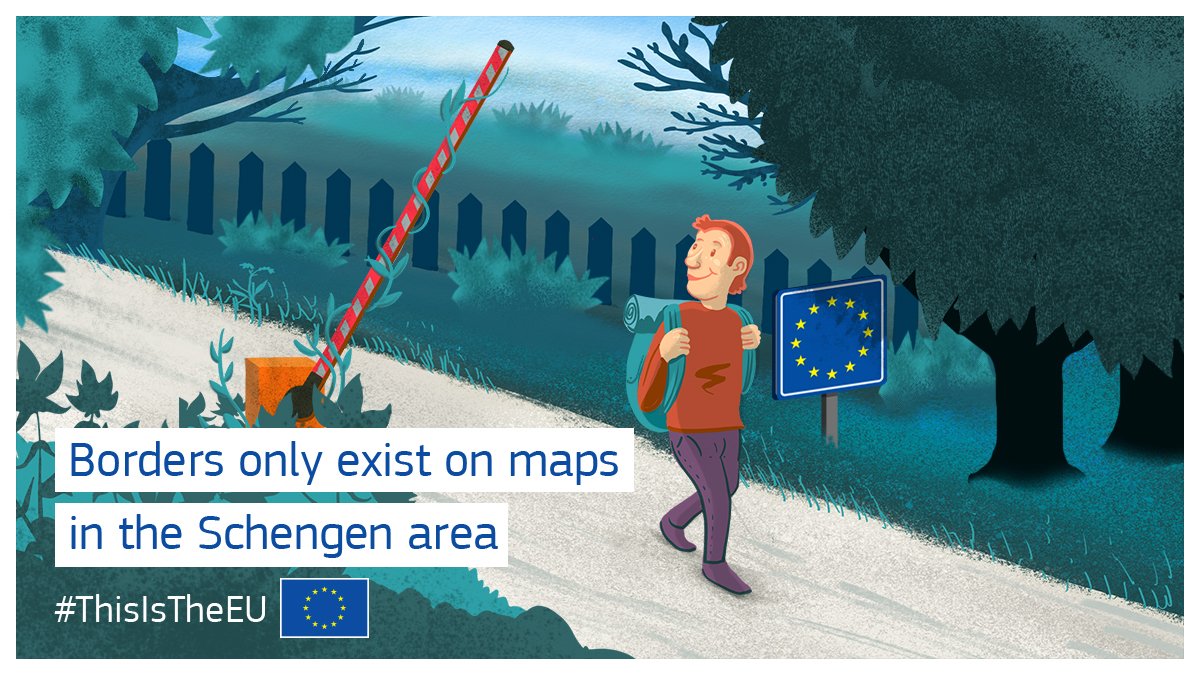Today's grant payment to Croatia in the amount of EUR 700 million (not including pre-financing) was made after Croatia achieved 25 key milestones and targets associated with the second payment. This includes reforms and investments in the areas of public administration, justice, social policy, employment, education, skills, energy and energy efficiency, water management and connectivity.
As for all member states, payments under the Recovery and Resilience Mechanism are performance-based and depend on whether Croatia implements reforms from the Recovery and Resilience Plans.
The overall plan for the recovery and resilience of Croatia will be financed with grants in the amount of 5.5 billion euros. On September 28, 2021, Croatia already received a pre-financing payment in the amount of EUR 818 million, followed by the first payment under the Recovery and Resilience Mechanism in the amount of EUR 700 million on June 28, 2022. Amounts disbursed to Member States are published in the Recovery and Resilience Indicator Table which shows progress in the implementation of the overall Recovery Mechanism, as well as progress in individual Recovery and Resilience Plans.

